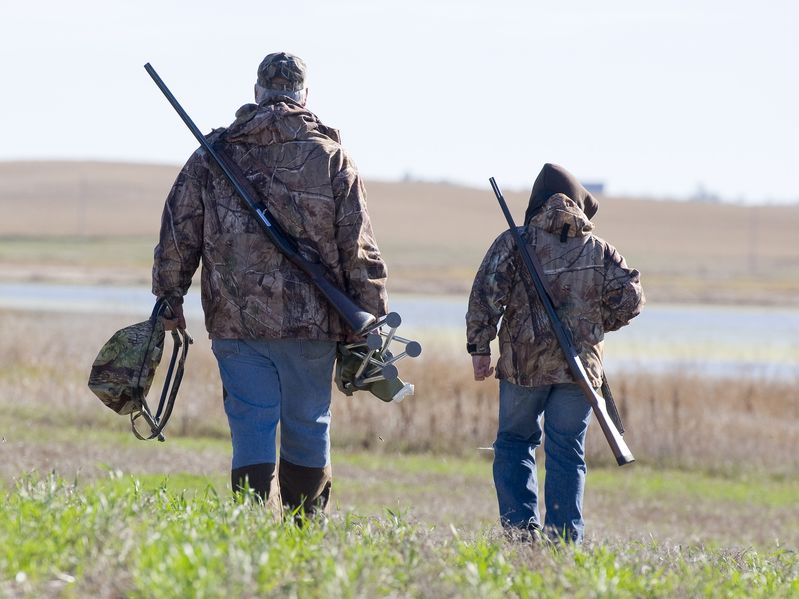Hunting is one of the oldest and most important practices in human history. Before it was primarily a sport, it was a way of life, dictating where humans migrated and when. Today, hunting serves many roles—a challenging recreational activity, a connection to our heritage, a continued food source, immersing ourselves in nature, and many more.
Unfortunately, modern hunting often gets a bad reputation. Many environmental and wildlife activists see it as a barbaric sport in which hunters kill for the sake of killing. The truth is that hunting offers many benefits for the environment, human health and wellness, and society in general.
Let’s take a look at some of the valuable contributions of this ancient sport!
1) Hunting Supports Conservation Efforts
Many people, even those who hunt, don’t realize that many hunting costs help fund research, projects, and organizations dedicated to environmental conservation. Hundreds of millions of dollars brought in from the hunting industry every year go toward habitat maintenance and management, wildlife rehabilitation programs, scientific research and surveys, and other conservation efforts. This money comes from taxes on firearms and ammunition, hunting licenses, land stamps, and other required hunting fees.
2) Hunting Is a Good Source of Nutrition
Whether or not it’s their primary motivation to get out into the field, most hunters do eat what they kill. Game meat is an excellent source of organic nutrition. When you hunt, you’re harvesting locally-grown, free-range meat that is better for the health of you and your family and supports local communities.
3) Hunting Contributes to Wildlife Population Management
Contrary to what many anti-hunting proponents believe, legal hunting practices actually benefit area ecosystems and habitats. Overpopulation of animal species leads to food shortages that dwindle prey populations and overwhelm the local ecosystem. Out-of-control animal populations can also impact agriculture in the area, as they take over the land humans rely on for their operations.
Hunting is a key factor in maintaining the balance of the ecosystem by managing and monitoring predator and prey species, making it more sustainable. Federal, state, and local hunting restrictions are constantly updated to ensure that species whose populations are threatened are protected and direct hunting efforts toward the species that are jeopardizing the ecosystem.
4) Hunting Stimulates the Economy
The hunting industry helps fund environmental conservation efforts, but it is also a business. Hunters spend a lot of money every year buying equipment, clothing, vehicles, and other supplies they need to hunt. They also contribute to local economies when they travel, pay for lodging, eat at restaurants, etc. Hunting supports both small local businesses and large-scale retailers, creating thousands of jobs.
5) Hunting Helps Prevent the Spread of Disease
When food becomes scarce, animals become more susceptible to disease as their immune systems weaken. Throughout the winter season, this disease spreads and can significantly impact different wildlife populations. In some cases, these diseases can even spread to humans. Because the hunting season takes place right before the onset of food scarcity, hunters eliminate many predators likely to fall ill and spread disease.
Additionally, hunters often fill out surveys and provide game samples to biologists. This provides researchers with invaluable information that helps them to learn more about the diseases threatening local populations and how to prevent their spread.
Looking for a way to do your part in helping the environment while also having the adventure of a lifetime? Book a guided moose hunt at Lawrence Bay Lodge! With our quality guides, expansive hunting lands, floatplane access to remote lakes, and willingness to relocate hunters to assure success, approximately 90% of our hunters have had the opportunity to take a bull moose!
Visit us online today to book your one-of-a-kind hunting experience in Northern Saskatchewan.


